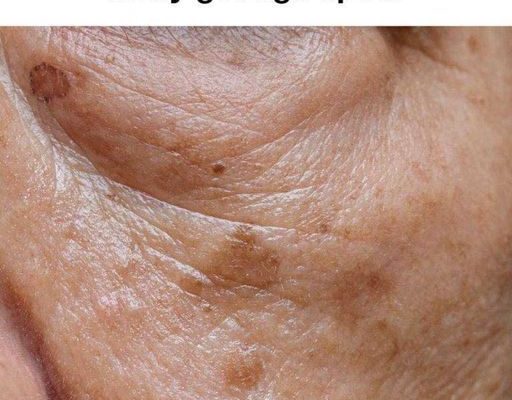Age spots, which are sometimes called liver spots or solar lentigines, are flat spots that can be brown, gray, or black.
They usually show up on parts of the skin that have been exposed to the sun.
Understanding the Role of Minerals in Skin Health
Minerals are super important for keeping our skin healthy. They take part in many biological functions, such as helping cells regenerate, shielding the skin from oxidative stress, and keeping its structure intact.
Key minerals like zinc, copper, and selenium are especially crucial for skin health because they help defend the skin from harm and aid in its natural healing processes.

What Is Selenium and Why Is It Important?
Selenium is an important trace mineral that our bodies need for various functions, especially for keeping our skin healthy. It acts as a strong antioxidant, which means it helps shield our cells from harm caused by free radicals—those unstable molecules that can make us age faster and damage our skin. Additionally, selenium boosts our immune system and is involved in how our thyroid hormones work.

Dietary Sources Rich in Selenium
Selenium is present in many different foods, and some of the best sources include Brazil nuts, seafood like tuna, halibut, and sardines, as well as organ meats such as liver. You can also find selenium in eggs, sunflower seeds, and whole grains. Adding these foods to your meals can help you maintain healthy selenium levels.
Selenium Supplements: Benefits and Risks

Selenium supplements can be helpful for people who don’t get enough of this nutrient, but it’s crucial to be careful when using them. Taking too much selenium can cause toxicity, which might result in issues like stomach problems, hair loss, and nerve damage. It’s a good idea to talk to a healthcare professional before beginning any supplements to make sure you’re using them safely and correctly.



